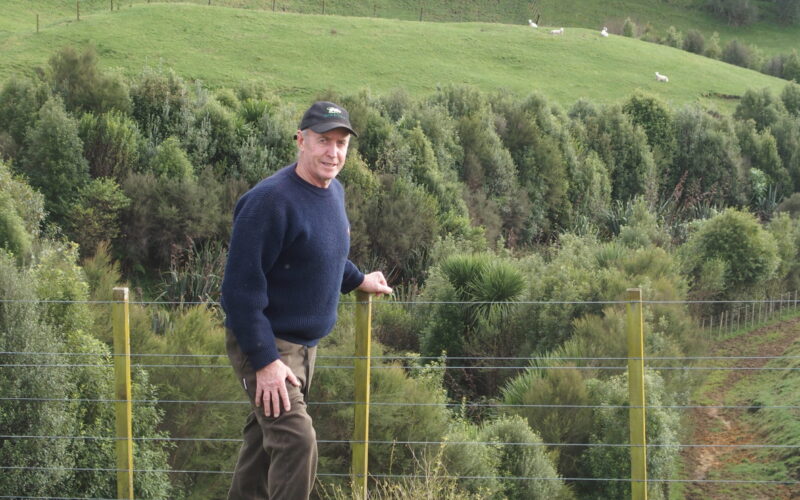Farmers have lost trust in Beef + Lamb NZ over its handling of the industry-wide He Waka Eke Noa agreement, directors were told at their annual meeting in New Plymouth on Thursday.
The industry-wide agreement to price agricultural greenhouse gases dominated discussion and most of the 10 remits being considered as farmers dissected what they said were HWEN’s flaws.
Most of their anger stemmed from what was seen as BLNZ’s role as an industry advocate when there was deficient consultation and a lack of transparency over HWEN.
Given its complexity, farmers said, they needed more time to consider its implications.
It was noted that a recent BLNZ survey showed farmer satisfaction with the body was just 36% and unless that improved, the implications could be significant.
“The risk of losing the levy vote in three years’ time is very real,” North Otago farmer Jane Smith said.
She called for an independent review of how BLNZ reaches a levy payer mandate.
Given the wave of pending further regulations, Smith urged BLNZ not to be defensive and circle the wagons.
“The independent review needs to reflect, acknowledge and assess its advocacy position on our behalf.”
Other remits also reflected frustration and a loss of trust. They included a vote of no confidence in the board, getting the board to adopt best-practice consultation, and having access to contact details for board and farmer council members.
Bay of Plenty farmer Rick Burke said HWEN moved too fast and communication was poor on both sides.
“Farming Inc should have said ‘No, this is going too fast.’ We should have pulled on the handbrake.”
Waikato farmer Graeme Gleeson said consultation with farmers over HWEN was poor and became top-down, a “we know best” discussion.
He said it appeared as if BLNZ lacked a framework to follow.
“It looks like you walked into it and were working by the seat of your pants.”
Erica van Reenen said a solution is to ensure farmer councils retain their regional influence so the board can hear additional opinions.
Graeme Evans from Southland noted that despite lobbying and arguing, sometimes in life you have “to swallow a dead rat”.
One farmer commented there is a responsibility on farmers to read, engage and attend meetings to educate themselves on issues.
A remit promoted by Jason Barrier from North Waikato urged BLNZ to exit the HWEN partnership, saying it had failed the sector and will result in further conversion of hill country to pine trees.
He said BLNZ needed to advocate a better deal, saying the proposed “methane taxes” will require “an honourable exit” for 30% of North Island hill country farmers.
Barrier blamed this on the need to find compromise as part of the HWEN partnership, but it meant sheep and beef farmers took one for the wider sector.
“That’s not my idea of being in a team.”
South Island farmer Roger Dalrymple took a slightly different tack, saying BLNZ should stay in HWEN if it thinks it can secure a more favourable deal for the industry.
Outgoing BLNZ chair Andrew Morrison said the meeting agenda and format had been altered so the board could listen to farmer concerns.
He said the board had never before struck an issue the size and complexity of HWEN, but they always reserved the right to step back rather than commit to it.
Morrison had opened the meeting, saying BLNZ is dealing in the real world, not the world they wished they operated in.
He acknowledged and welcomed that levy payers were challenging their organisation.
But he reminded levy payers that BLNZ had added advocacy to their role at members’ behest, and, though they had not achieved everything they sought, there have been wins.
He noted that the only additional tasks imposed on farmers in recent years have been to record their nitrogen use to ensure it stays under the new regulatory cap, and to get resource consent for intensive winter grazing.
The only reason consent is required is that the government has failed to create freshwater farm plans as promised, he said.
The motion of no confidence in the board was lost.
Promoted by Gore farmer Hugh Gardyne for the board’s handling of HWEN, the non-binding motion was voted on by a show of hands by those attending the meeting.
The results of the votes on the other remits were expected to be released within days of the meeting.










